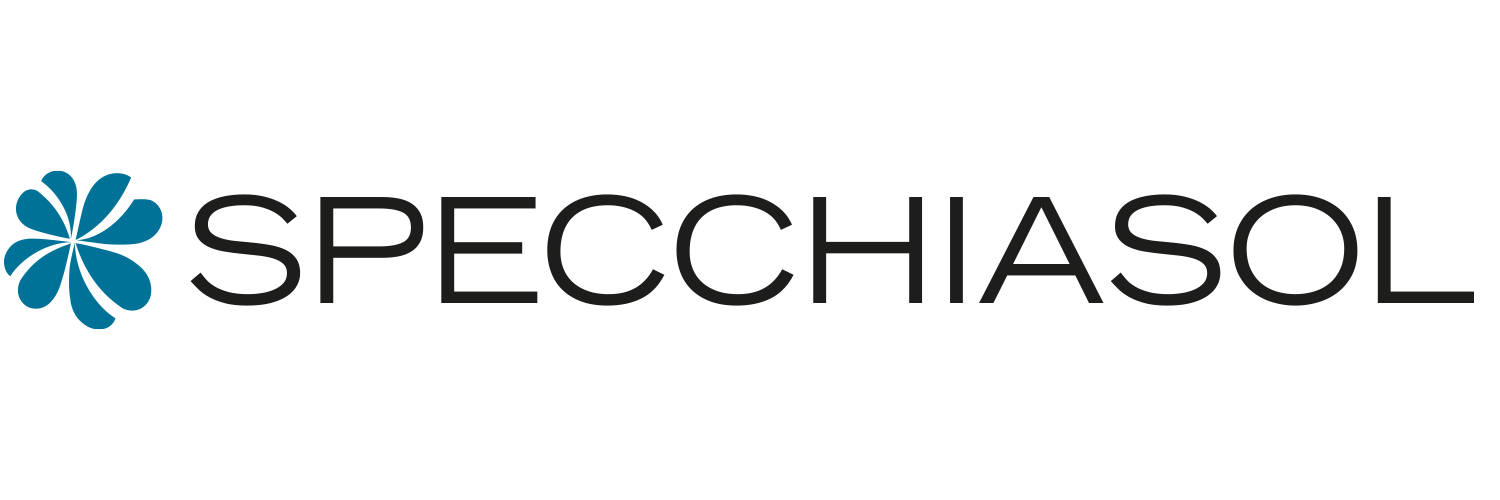Candidiasis, to find out more
Candidiasis is an infection that originate from yeasts of the Candida genus, mainly C. albicans. It occurs in the mucosa, in particular in the oral cavity (‘thrush’) and the vagina. It is promoted by the condition of gut dysbiosis, characterised by the prevalence of pathogenic microorganisms in the intestinal flora. Alterations to the microbiota, for example after antibiotic-therapy, encourage the transition from the round form of Candida albicans to the elongated hyphae form. The branches infiltrate the cells of the intestinal mucosa and provoke leaky gut syndrome. Candida yeasts form protective barriers called biofilms. Yeasts have the capacity to store heavy metals (lead, mercury, cadmium, copper) inside their cells. If the fungi suddenly die, these heavy metals are freed, causing disorders such as nausea, diarrhoea, fatigue, lack of concentration, and depression. Pharmacological treatment is based on the administration of topical preparations (gel, ovules) or oral antifungals.
General measures
In the case of Candidiasis, it is recommended to limit or eliminate simple carbohydrates (refined sugars, sweets, baked goods, sugary drinks) and dairy products which tend to promote the growth of C. albicans. Foods containing yeasts, and in particular brewer’s yeast, should also be eliminated, while the consumption of fresh seasonal fruit and vegetables should be encouraged.
Probiotic mix
Taking prebiotics or probiotics for repeated cycles over 2-3 months restores the physiological intestinal flora, promotes complete digestion of food, protects against the aggression of pathogenic germs, and in particular prevents the growth of Candida.
Phytotherapy
Phytotherapy makes use of Pseudowintera colorata (Raoul) Dandy, a plant native to New Zealand where it is known as Mountain Horopito, which has antifungal properties especially against Candida albicans. The Maori made extensive use of it in the kitchen to preserve foods, or as an intestinal purifier and antiparasitic. The most important active ingredient is Polygodial, isolated as recently as 1962 by researchers of the University of Canterbury (New Zealand). Various experimental studies have demonstrated the effectiveness of the active ingredient in countering certain strains of fungi such as Candida albicans, Candida krusei, Candida utilis, and Saccharomyces cerevisiae, Tricophytum.
It is available on the market in the form of capsules, cream for internal and external use, and ovules. The recommended dosage is 1 capsule, twice per day, initially for 1-2 months continuously.

 Specchiasol
Specchiasol



 Specchiasol
Specchiasol Specchiasol
Specchiasol